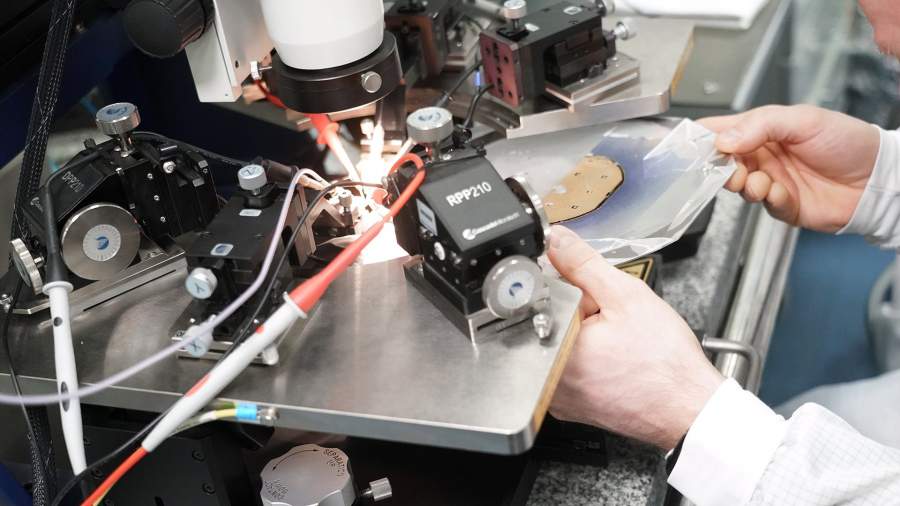
China introduces export controls on graphite products today
By Rhod Mackenzie
China's decision to enforce export controls on specific sensitive graphite items has alerted officials and companies in the West, particularly in countries such as the United States and Japan, who are trying to assess the potential impact. The regulatory measures will take effect this Friday.
Chinese officials restated recently that these export controls do not single out any specific country but agree with worldwide standards and are meant to safeguard the country's national security and interests.
They also stated that export channels are accessible and applications will be endorsed if they adhere to the applicable laws and regulations. Moreover, China vows to safeguard the stability of the global industry supply chains.
In October, China's General Administration of Customs and the Ministry of Commerce (MOFCOM) jointly published a notification enforcing export controls on some extremely delicate graphite products, a crucial component used in electric vehicle batteries.
Under the new regulations, China will demand that exporters apply for permits covering specific and highly sensitive graphite items. These new measures took effect on Friday 1st December.
The foreign institutions now endeavour to assess the potential impact, and there are some that overhype how China's export rules on these materials may lead to disruptions in the global industry chain.
A report by The Washington Post on Wednesday indicated that this development marks a "fresh front that has opened up in the growing technology rivalry between the United States and China," and alleged that China's export controls are in retaliation to Washington's attempts at limiting Chinese access to sophisticated American semiconductors.
This situation has also caused concern for Japanese businesses. A report from Nikkei Asia, released on Thursday, indicated that Japanese companies, such as Mitsubishi Chemical and Panasonic, who have traditionally depended on crucial battery and semiconductor materials produced in China, are now seeking to "expand their supply chains."
"We have emphasized on multiple occasions that implementing export controls on specific graphite items is a common practice in the international arena," stated Shu Jueting, a MOFCOM spokesperson, during a routine press conference held in Beijing on Thursday.
Shu went on to mention that the decision was arrived at after "extensive consultation with related enterprises and industries," and based on a "balanced development and security" control strategy.
Shu firmly stated that the regulation doesn't put any particular country or region under scrutiny. Export licences will be awarded to commodities that adhere to the applicable regulations. However, no corporate applications have been received thus far.
"China is committed to ensuring the safety and stability of the global industry and supply chains," stated Shu.
"Most countries enforce export controls on crucial materials, and China's measure is not a complete ban but instead involves regulating exports. This is in stark contrast to the blatant export restrictions on chips and other goods imposed by Western nations," noted Zhang Hong, an industry observer based in Beijing, said in an interview with the Global Times on Thursday."
Zhang acknowledged that as the West persists in escalating its containment measures against China, China is justified in taking appropriate measures to safeguard its security and interests in delicately sensitive domains. Graphite products have applications not only in the aerospace sector and space exploration but also for military purposes, industries where the US has tightened restrictions on China.
The latest regulation classifies certain graphite products as another critical material that China has included in its list of export controls.
Export controls for gallium- and germanium-related items were enforced by China on the 1st of August. Numerous applications for exporting these products in line with China's regulations have been approved, and the exporters have successfully acquired export licenses, according to Shu's statement on Thursday.
"Export controls aim to regulate rather than prohibiting exports," she added. "As long as the usage is reasonable, the management is appropriate, the trade is fair, and the products are not used for 'decoupling' or breaking supply chains, there should be no cause for concern," stated Bai Ming, a research fellow at the Chinese Academy of International Trade and Economic Cooperation under the MOFCOM, during an interview with the Global Times on Thursday.
